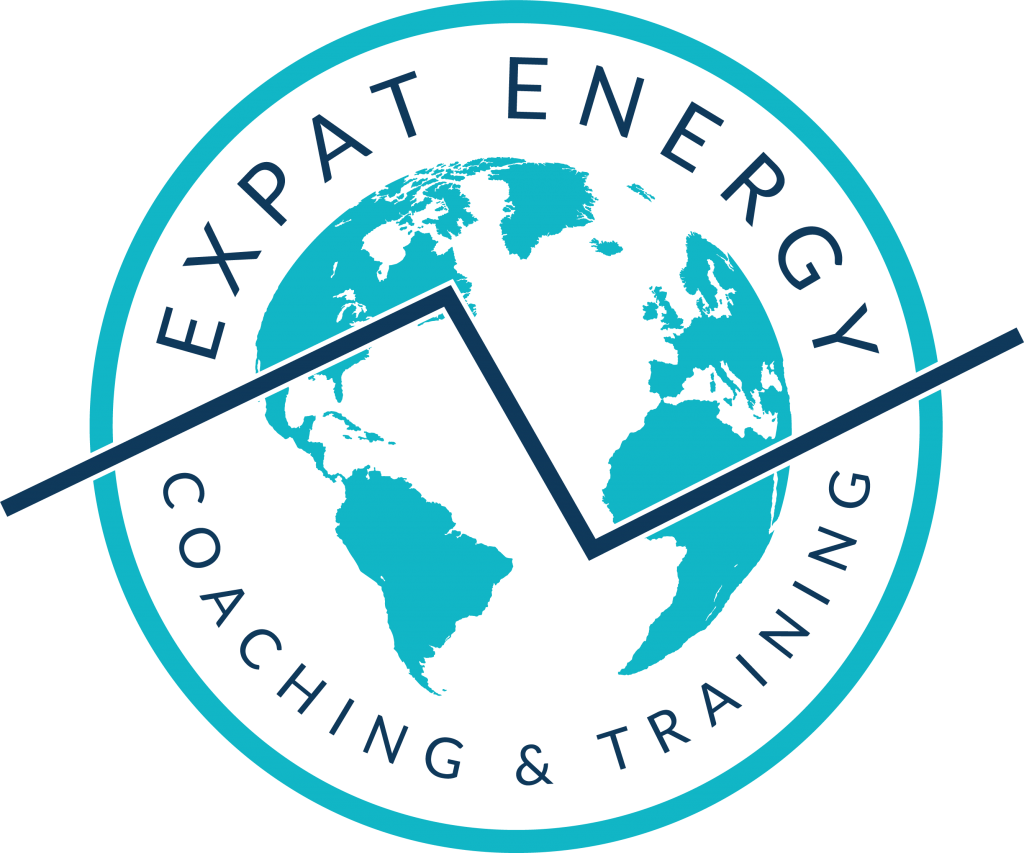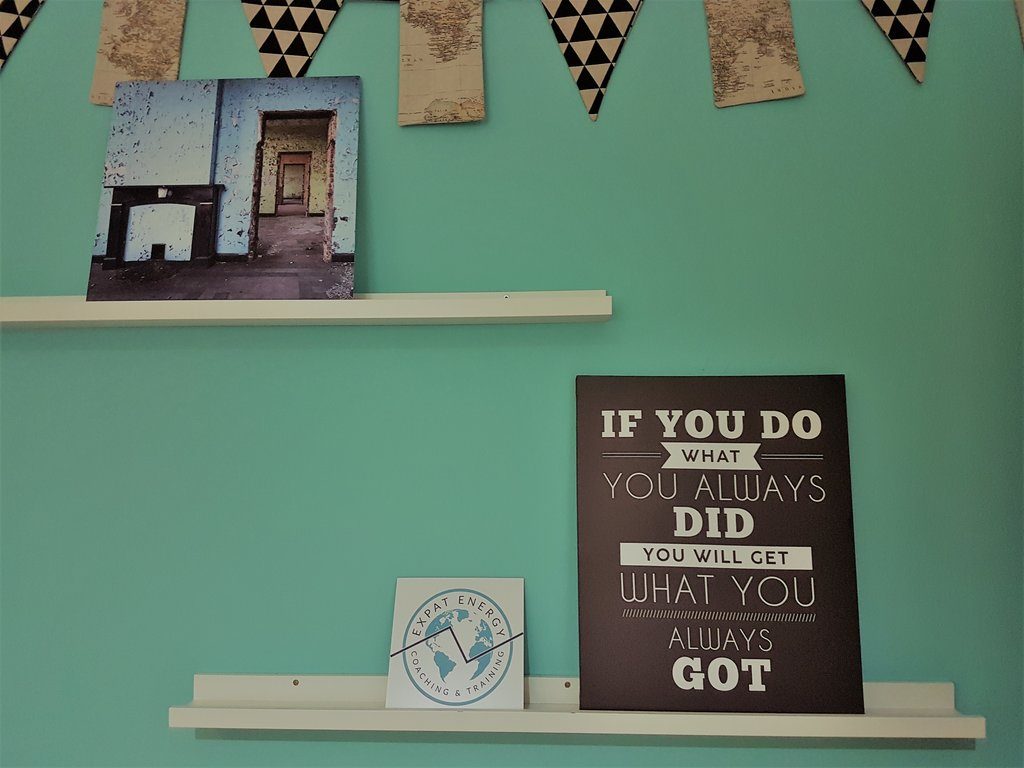Creating a better life for yourself is all about starting to direct energy to what really matters to you, rather than spending a lot of energy on random stuff, on other people’s ideas of how you should live your life, or on negativity. But where to start? As a coach, I support people living abroad to navigate crossroads around international moving, career and balance. One of the most important thing about change is opening your mind to the possibility that change can really happen.
In coaching we say that the “real work” happens between sessions. Clients start seeing how they make choices, where these choices do not align with what they truly want, they deepen their thinking and experiment with new behaviour.
One of the many ways to deepen and broaden your thoughts is to engage with new ideas. TED talks are about “ideas worth spreading,” and are a great resource for different approaches to life. Here are 5 of my favorite “homework” episodes for clients.
If you want to get the most out of a talk, take a few minutes afterwards to write down what struck you about it. What resonated with you, what didn’t? What does the insight mean for your life?
By the way, most TED talks have subtitles in English and 35 other languages!
5 TED Talks worth watching
1. Isaac Lidsky, What reality are you creating for yourself?
Isaac Lidsky’s talk is a profound insight into what starts happening if you live life with your eyes wide open. He speaks about the lessons he learnt about gradually going blind. And about fear. Or rather about choosing to step out of the tunnel of fear and building a blessed life. To date the only TED Talk that I’ve actually watched with a client during a session.
“ So how do you live your life eyes wide open? It is a learned discipline. It can be taught. It can be practiced. I will summarize very briefly. Hold yourself accountable for every moment, every thought, every detail. See beyond your fears. Recognize your assumptions. Harness your internal strength. Silence your internal critic. Correct your misconceptions about luck and about success. Accept your strengths and your weaknesses, and understand the difference. Open your hearts to your bountiful blessings.” – Isaac Lidsky
2. Brené Brown- The Power of Vulnerability
In her classic TED talk, Brené Brown discusses her research about the human need for connection, and how shame and the feeling of not being “enough” (good enough, smart enough, fun enough) undermines that connection. The key to overcome that? It is having the courage to be vulnerable, to allow yourself to be seen, imperfections and all. Watch her TED talk full of laughter on how to go about this.
“What underpinned this shame, this “I’m not good enough,” — which, we all know that feeling: “I’m not blank enough. I’m not thin enough, rich enough, beautiful enough, smart enough, promoted enough.” The thing that underpinned this was excruciating vulnerability. This idea of, in order for connection to happen, we have to allow ourselves to be seen, really seen.”- Brené Brown
3. Ruth Chang- How to Make Hard Choices
As expats, we often have to make hard choices. Should we stay or should we go now? Should we be with our elderly parents or live where we can offer a great life to our kids? Will we move to another country when the contract ends, or should we repatriate? If we choose option A it may compromise our children’s education because the schools are not as good, but if we choose option B it means we will only see our parents once a year, while option C means splitting up the family for the duration of the contract et cetera. In her talk, Ruth Chang offers a framework to start tackling hard choices.
“So if what matters to us — a child’s delight, the love you have for your partner — can’t be represented by real numbers, then there’s no reason to believe that in choice, there are only three possibilities — that one alternative is better, worse or equal to the other. We need to introduce a new, fourth relation beyond being better, worse or equal, that describes what’s going on in hard choices. I like to say that the alternatives are “on a par.” When alternatives are on a par, it may matter very much which you choose, but one alternative isn’t better than the other. Rather, the alternatives are in the same neighbourhood of value, in the same league of value, while at the same time being very different in kind of value. That’s why the choice is hard.”- Ruth Chang
4. Nigel Marsh- How to Make Work Life Balance Work
Nigel Marsh describes his experience in taking off a year from work in order to find his work life balance with his young family. This talk provides insights if you work like crazy, but it also resonated with me when I first moved abroad. When I had to give up my job and had a baby, there was no balance either. In fact, for me balance meant that I wanted to keep developing myself while living as an “expat wife,” which has led me to becoming a coach.
“We need to elongate the time frame upon which we judge the balance in our life, but we need to elongate it without falling into the trap of the “I’ll have a life when I retire, when my kids have left home, when my wife has divorced me, my health is failing, I’ve got no mates or interests left.” A day is too short; “after I retire” is too long. There’s got to be a middle way.”- Nigel Marsh
5. Emily Esfahani Smith- There is more to life than being happy
In 12 minutes, Emily Esfahani Smith shares what she learnt about happiness from positive psychology and interviewing hundreds of people. The result? She identified 4 pillars of meaning: belonging, purpose, transcendence, and storytelling. Belonging and purpose may sometimes feel elusive, especially at the beginning of a new expat posting, however there is no need to despair. For example, expat life can be really useful for transcendence, being lifted above the hustle and bustle of daily life. And storytelling? What are the stories you tell yourself about your life?
“I used to think the whole purpose of life was pursuing happiness. Everyone said the path to happiness was success, so I searched for that ideal job, that perfect boyfriend, that beautiful apartment. But instead of ever feeling fulfilled, I felt anxious and adrift. And I wasn’t alone; my friends — they struggled with this, too.” Emily Esfahani Smith
What were your insights? Or do you recommend other talks? Please comment below.



